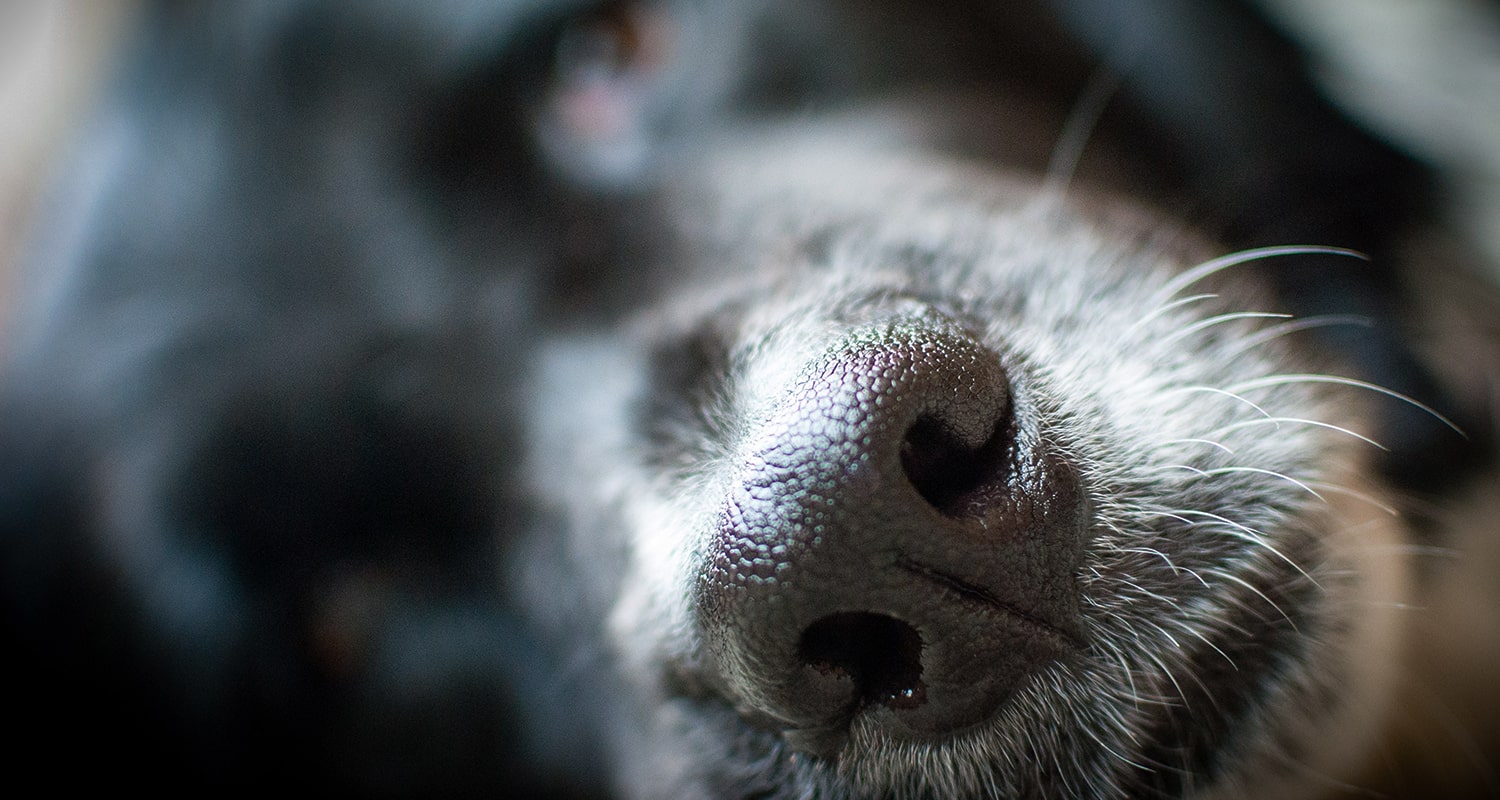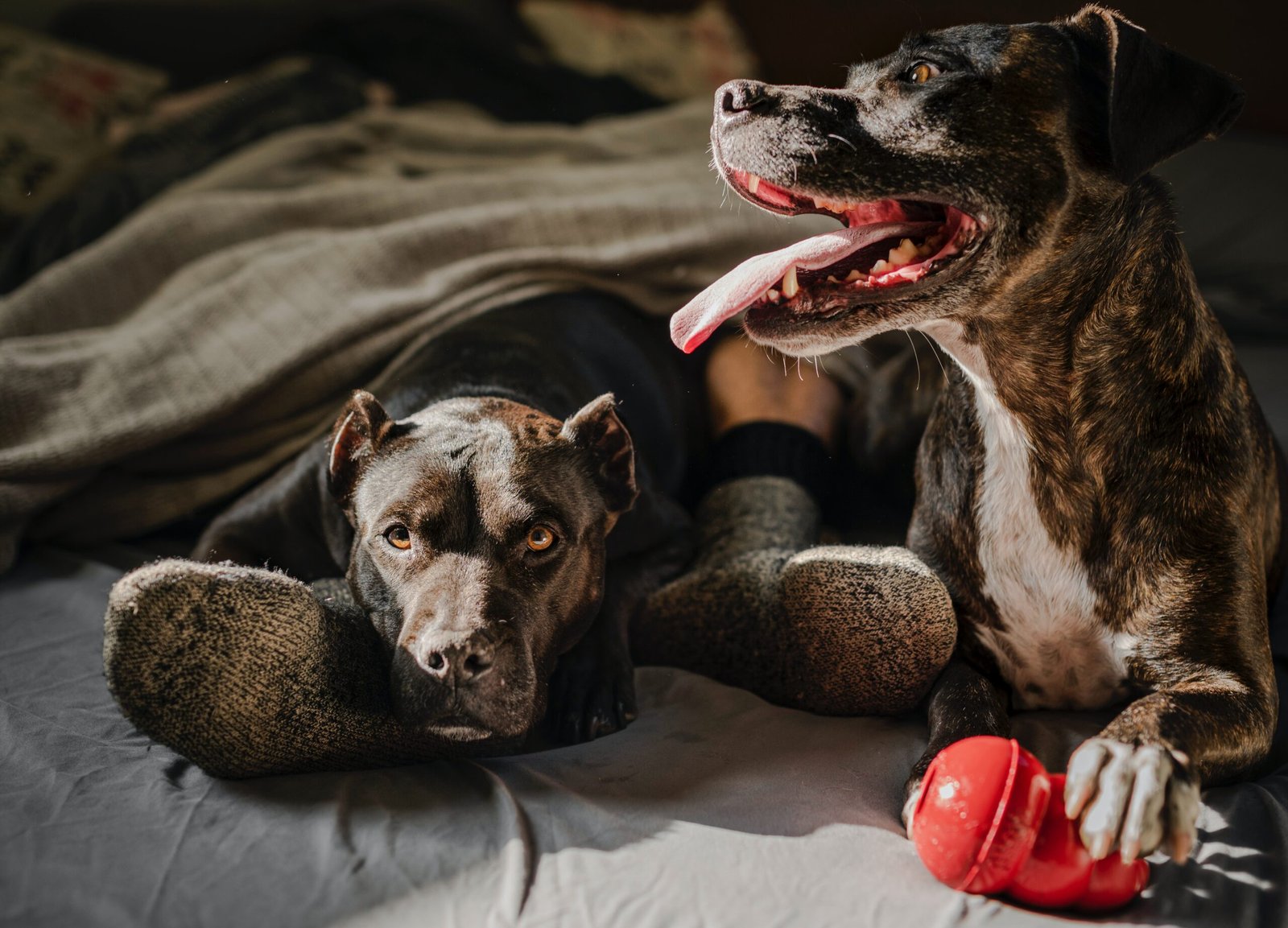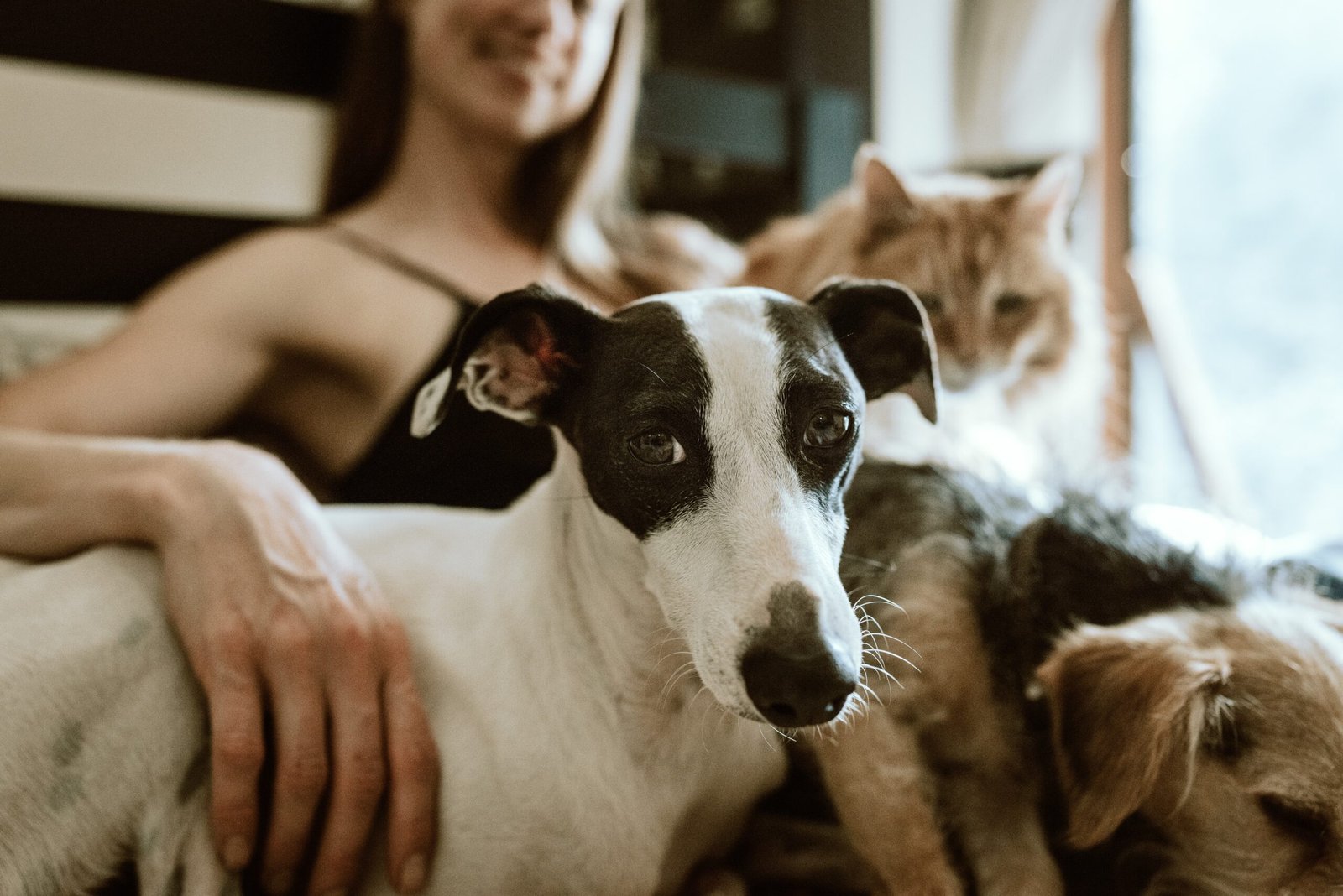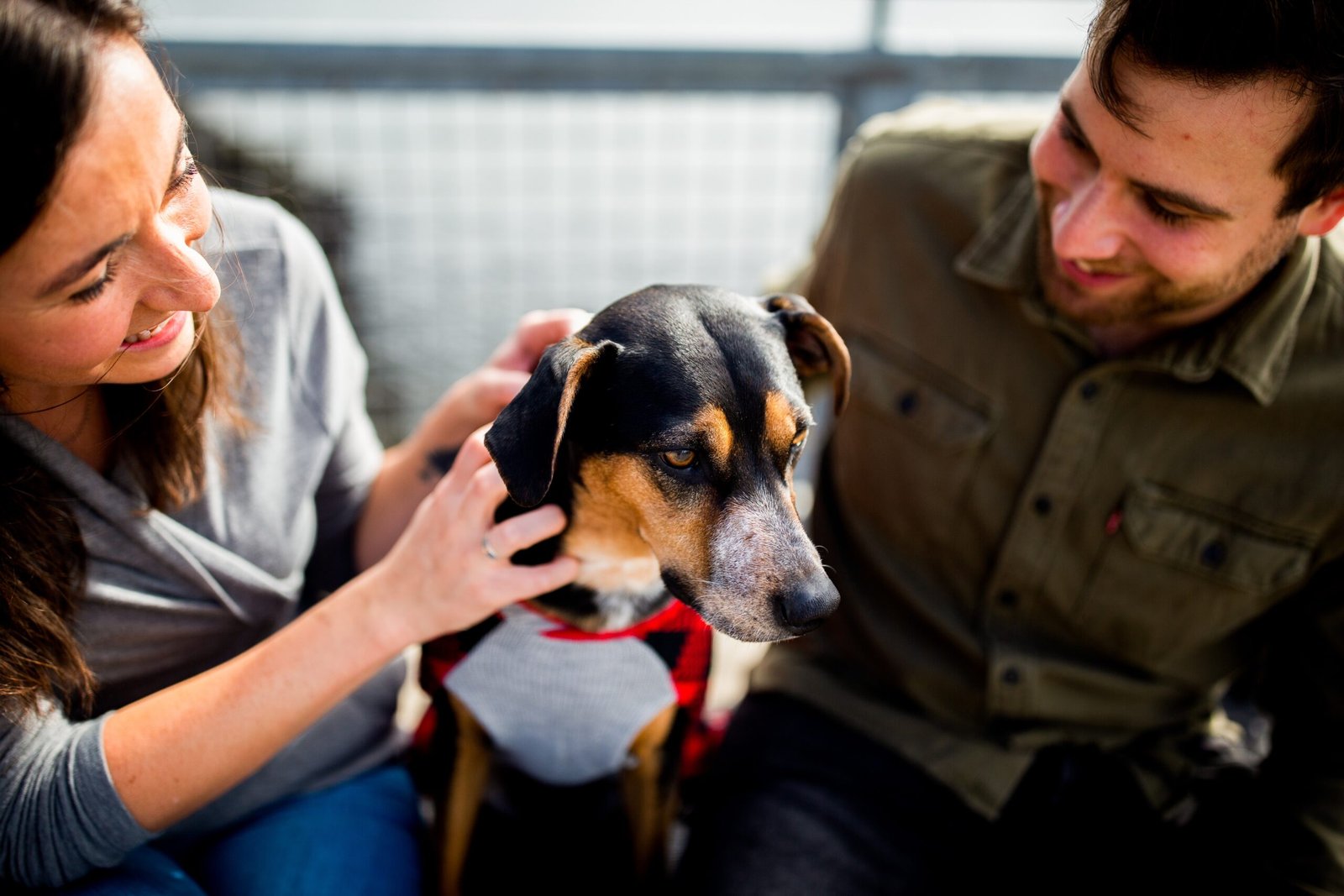
10 Crucial Tips for Preventing and Managing Common Respiratory Issues in Pets
Introduction
Sure, you love your Golden Retriever’s energetic bark and your Siamese cat’s gentle purring, but have you ever noticed them coughing or wheezing? Common respiratory issues in pets, like bronchitis or asthma, can be concerning.
Imagine your Poodle struggling to breathe after a playful run or your Maine Coon cat wheezing after a lively chase. These symptoms might not just be fatigue; they could be signs of a deeper problem.
From Bulldogs to Persians, no breed is immune. Understanding these issues is vital for your furry friend’s well-being. Let’s explore what might be causing these symptoms and how you can help your pet breathe easier.
Common Respiratory Issues in Pets
Your pets, whether it’s a lively Labrador or a graceful Siamese, are like family. But just like us, they can suffer from various respiratory issues. Here’s a look at seven common respiratory problems that might be affecting your furry friend:
- Kennel Cough: Common in breeds like Beagles and Boxers, kennel cough is a highly contagious infection. It sounds like a persistent, dry cough and usually clears up on its own.
- Asthma: Yes, even your Persian cat can have asthma! It’s characterized by wheezing and difficulty breathing, often triggered by allergens like pollen or dust.
- Canine Influenza: Your Golden Retriever might catch the flu, too! Canine influenza causes coughing, sneezing, and nasal discharge, and it’s best to consult a vet if symptoms persist.
- Feline Upper Respiratory Infection: If your Bengal cat is sneezing and has watery eyes, it might be a sign of this common infection. Early treatment can prevent complications.
- Heartworm Disease: This mosquito-borne illness can affect breeds like Dachshunds and Terriers. It leads to coughing and fatigue, so regular heartworm prevention is key.
- Pneumonia: Breeds like Bulldogs are prone to pneumonia, an infection that inflames the lungs. Symptoms include coughing and difficulty breathing, and it requires immediate veterinary care.
- Brachycephalic Syndrome: Breeds with short noses like Pugs and Shih Tzus often suffer from this condition. It can cause noisy breathing and requires careful monitoring.
Remember, your pets rely on you to keep an eye on their health. If your Chihuahua’s cough or your Ragdoll cat’s wheeze doesn’t seem quite right, don’t hesitate to consult your vet.

Symptoms of Respiratory Issues in Pets
Your playful Labrador’s cough or your Persian cat’s wheeze might be more than just a minor annoyance. Respiratory issues in pets can be serious, and recognizing the symptoms is the first step in taking care of your furry friend. Here’s a guide to eight symptoms of respiratory problems in pets:
-
- Persistent Coughing: If your Poodle’s coughing doesn’t stop after a few days, it might be a sign of a respiratory issue like kennel cough or pneumonia.
- Wheezing: Notice your Siamese cat wheezing after play? It could be asthma, especially if it’s accompanied by laboured breathing.
- Nasal Discharge: A Golden Retriever with a runny nose might have canine influenza. Thick or coloured discharge is a definite red flag.
- Sneezing: Occasional sneezing is normal, but if your Bengal cat is sneezing frequently, it might be a sign of an upper respiratory infection.
- Difficulty Breathing: If your Bulldog is struggling to breathe or breathing rapidly, it could be a serious condition like brachycephalic syndrome.
- Gagging or Choking: Breeds like Beagles might gag or choke due to a foreign object or even a condition like heartworm disease.
- Fatigue: If your Terrier is more tired than usual after a short walk, it might be a sign of a respiratory problem affecting its energy levels.
- Blue Gums: This is serious. If your Shih Tzu’s gums turn blue, it indicates a lack of oxygen, and you should seek veterinary care immediately.
Your pets, whether it’s a lively Dachshund or a graceful Ragdoll, communicate through their behaviour and symptoms. Keep an eye on these signs, and don’t hesitate to consult your vet if something seems off.

Preventing and Managing Common Respiratory Issues in Pets
Your Golden Retriever’s wagging tail or your Maine Coon’s purring is a sign of a happy, healthy pet. But respiratory issues can sneak up on even the most cared-for animals. Here’s a guide to preventing and managing common respiratory problems in your furry friends, so your Poodle’s bark stays strong and your Siamese’s meow remains melodious:
- Regular Vet Check-ups: Schedule regular check-ups for breeds like Bulldogs and Persians. Early detection can prevent minor issues from becoming major problems.
- Vaccinations: Keep your Beagle’s vaccinations up to date. Vaccines can prevent diseases like canine influenza and kennel cough.
- Avoid Smoke and Allergens: If your Bengal cat is wheezing, check for allergens like smoke or dust. Keeping the environment clean can prevent asthma attacks.
- Heartworm Prevention: Regular heartworm prevention is key for breeds like Dachshunds and Terriers. Consult your vet for the best preventative measures.
- Proper Nutrition: A balanced diet keeps your Labrador healthy. Good nutrition supports the immune system, helping to fend off respiratory infections.
- Humidify Your Home: Dry air can irritate your Shih Tzu’s respiratory tract. A humidifier can help, especially during the winter months.
- Avoid Crowded Places: If there’s an outbreak of kennel cough in your area, keep your Boxer away from crowded dog parks to minimize risk.
- Monitor Brachycephalic Breeds: Breeds with short noses like Pugs need extra attention. Regular monitoring can prevent issues related to brachycephalic syndrome.
- Exercise Moderation: Don’t over-exercise breeds prone to respiratory issues like Bulldogs. Moderate, regular exercise is healthier.
- Emergency Plan: Know what to do if your Ragdoll cat’s gums turn blue or your Chihuahua chokes. Having an emergency plan can save precious time.

Conclusion
Remember, your pets rely on you for their well-being. Whether it’s a playful Terrier or a graceful Siamese, understanding their unique needs and taking proactive steps can keep respiratory issues at bay.
Keep an eye on them, love them, and don’t hesitate to consult your vet if something seems off. After all, a healthy pet is not just a happy pet; it’s a loving companion that brings joy to your life.
Frequently Asked Questions
My Golden Retriever is coughing a lot.Is it serious?
Persistent coughing in dogs like Golden Retrievers might be a sign of a respiratory issue. It’s best to consult your vet to rule out any serious conditions.
Can my Siamese cat have asthma?
Yes, cats, including Siamese, can suffer from asthma. Symptoms include wheezing and difficulty breathing. Your vet can diagnose and prescribe appropriate treatment.
How can I prevent kennel cough in my Beagle?
Regular vaccinations and avoiding crowded places during outbreaks can help prevent kennel cough in breeds like Beagles. Consult your vet for specific prevention strategies.
My Bulldog seems to breathe heavily. Is that normal?
Bulldogs and other brachycephalic breeds often have unique respiratory structures that can cause noisy breathing. However, excessive heaviness might require a vet’s attention.

